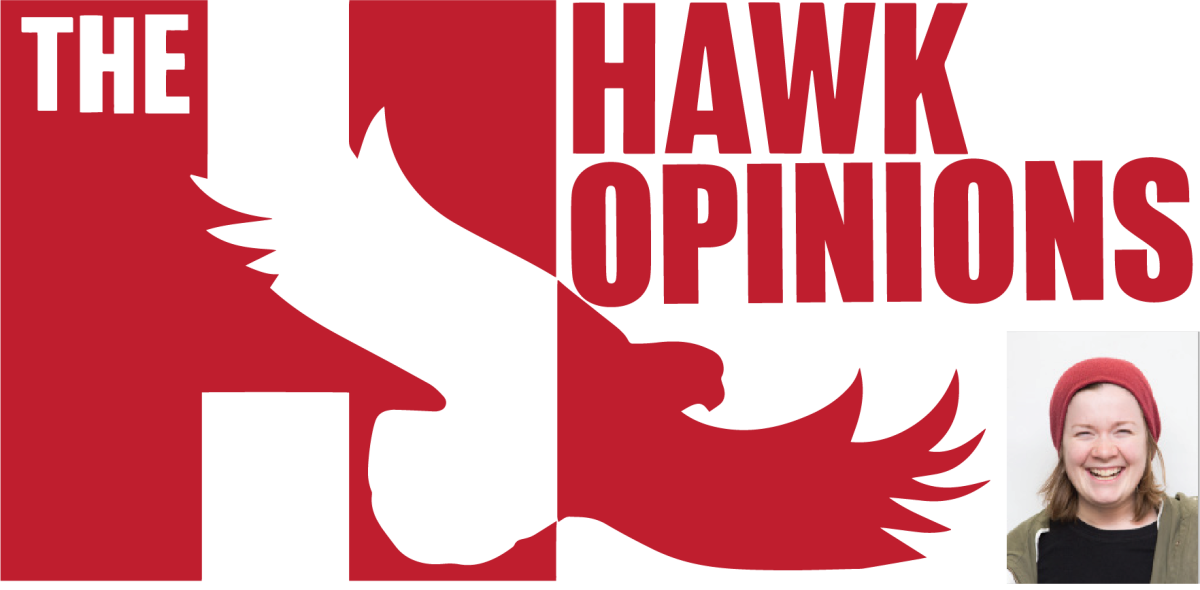The hidden connection of identity, intersectionality and privilege
The first time I saw a gun, I was on a family trip in Arizona. Holding it between my hands, it felt heavy and cold, in comparison to the Phoenix heat. It was a privileged way to see something so dangerous for the first time. The second time I saw a gun, I left a family party distraught and in tears, struggling with a memory I wouldn’t soon forget.
The March for Our Lives, organized by survivors of the Parkland shooting in Florida, took place on Mar. 24. Hundreds of thousands filled the streets of Washington, D.C. to fight for stronger gun control in America and eradicate the senseless violence that has taken so many lives. In 2016 alone, over 11,000 died in the U.S. because of a murder or manslaughter from a firearm, the BBC reported.
Growing up, listening to news stories on recent gun violence felt normal from an early age, but seeing a gun in Arizona a few years later felt surreal. The memory faded in my mind until around age 14, when I went to a party at my cousin’s house and a younger second cousin – a child – led me to the basement. There were guns in a closet, and his broad excited eyes told me that they enticed his naïve curiosity. I hurried the kids upstairs, frightened by the accessibility of weapons in such a public situation.
Gun culture and the violence it bears is nothing new in America. Mass shootings represent some of the most gruesome parts of a trigger-happy culture cultivated by the National Rifle Association, which poured 203.2 million dollars into American politics between 1998 and 2017.
But looking further into the gun debate shows that most gun related deaths involve identity, intersectionality, and privilege.
Last month, on Black Voices, Sarah Ruiz Hoffman of the Huffington Post wrote: “When black activists have taken to the streets to protest police shootings, members of law enforcement have met them in full riot gear, and at times attacked them with tear gas.
By contrast, the largely non-black student activists from Parkland have been invited to a CNN town hall event with lawmakers” Hoffman’s argument rings true. The March For Our Lives seems more amicably welcomed by the American public, who largely appear more comfortable with the pacifism of white teens than their black counterparts.
Experiences of violence are deeply intertwined with privilege and marginalization, and gun violence shows divides in who it affects. In a world where all women remain vulnerable and marginalized, domestic violence is a real problem. If that seems implausible, consider that 50 American women die by firearm from an intimate partner in an average month.
Wondering if the women who are my friends and relatives might ever wince or plead at the barrel of a gun makes me disgusted and nauseous.
So does gun violence in Philadelphia taking victims on a daily basis; the thought that had I been born a different skin color, I might not feel like I could trust the police. The faces of 14 Parkland shooting student victims who never got to enroll in college or move into a dorm room reminds us of the awareness that some people prioritize the Second Amendment over others’ lives.
There is the overwhelming fear that a loved one might be a victim of a gun-related crime. 20 dead children at Sandy Hook trusted they would come home from school that day. That afternoon back in 2014 when I sobbed outside my cousin’s house, and told my parents everything.
I hadn’t told them until I burst into tears only ten feet from the house after my parents and I had left. It took minutes for me to explain that the guns in the basement scared me straight, sitting in an unlocked closet. I remember the look of my younger cousin’s eyes, full of interest and delight and the blood-curdling anxiety sunk in my own, at the fear of a deadly weapon and the innocence of a child.
































